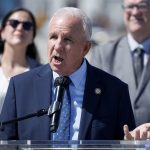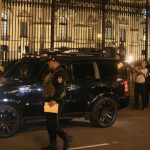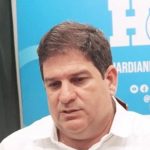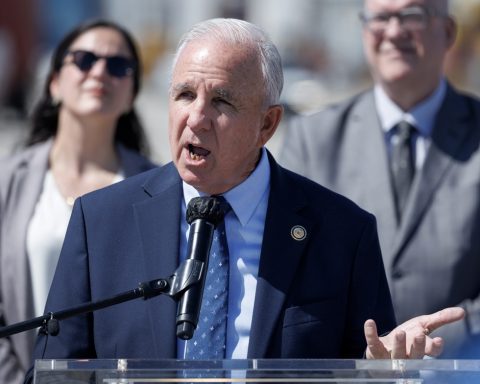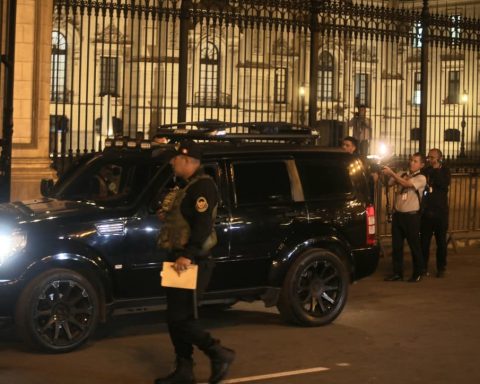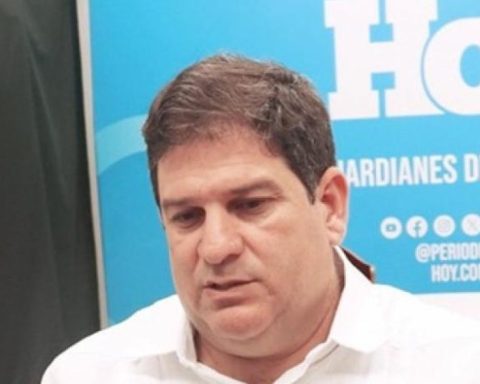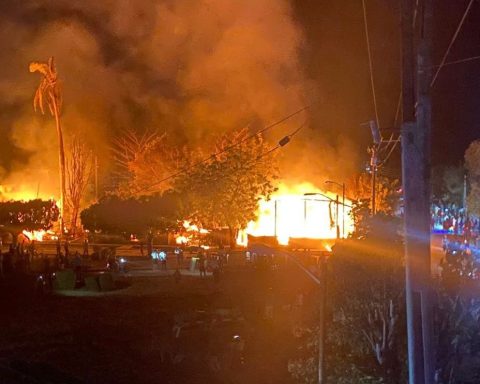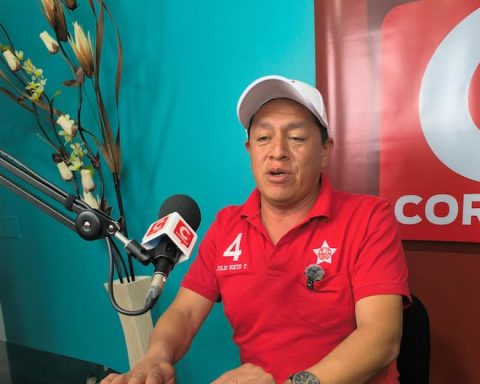Still 62 years old, Gustavo Petro sees himself as a “revolutionary.” When he rebelled in arms against the state he hardly dreamed that decades later, in a democracy, he could be on his way to defeating the elites and becoming Colombia’s first leftist president.
Victorious in the first round with a 12 percentage point lead over the second, Petro is a headstrong politician running for the presidency on his third run. On June 19, he will face millionaire Rodolfo Hernández, a 77-year-old outsider.
Wearing glasses and a fiery verb, the senator and former mayor of Bogotá feels called to change nothing less than a “200-year history,” as he repeats in the public square. “Giving speeches is part of my mood these days,” he wrote in his autobiography “One Life, Many Lives.”
Born into a middle-class family and educated by Lasallian priests, Petro champions change and rupture against the forces that have traditionally governed Colombia.
His promotion scares ranchers, conservative sectors, part of the business community and the military, who fear that his government is a “leap into the void.”
Others, more moderate, are repelled by his messianism. “He thinks he is predestined (…) the only person who can save Colombia,” summed up a source close to the La Silla Vacía portal.
Anti-system, Petro describes himself as progressive rather than leftist, to avoid being associated with the Marxist guerrillas that are at the center of the conflict that has plagued Colombia for six decades.
But his past in armed struggle haunts him and he is the workhorse of his opponents. For 12 years he rebelled against the State that he now intends to reform. Today the official arms protect it.
Several times threatened with death and forced into a three-year exile in Europe, Petro is the most guarded candidate in this race. In the last rallies he was seen with a bulletproof vest, armored shields around him and at least 20 bodyguards on stage.
In February, this economist married to Verónica Alcócer and father of six children, confessed to AFP his fear of being assassinated. It is not the first time that he fears for his life.
– mediocre warrior –
Petro was a member of the M-19, a nationalist guerrilla of urban origin that signed peace in 1990. According to him, he rebelled against the military coup in Chile in 1973 and an alleged “electoral fraud” in Colombia during the same years against a popular party.
An admirer of Nobel Prize winner Gabriel García Márquez, in hiding he adopted the name Aureliano, in homage to the character in “One Hundred Years of Solitude”. He was detained and tortured by the military, and was imprisoned for a year and a half. He was always a “mediocre” fighter, his former comrades-in-arms remember him.
In his book he highlights it: “I never felt, unlike many of my companions, a military vocation (…) I wanted was to make the revolution.”
Since then he presents himself as a “revolutionary” of various causes but far from Marxism. His “preferential option for the poor”, he maintains, stems from liberation theology.
The candidate for the Historical Pact coalition has endorsed the defense of the environment.
He proposes stopping oil exploration (whose sales represent 4% of Colombian GDP) in a “transition” towards clean energy.
He also wants to expand food production, reform a police force implicated in human rights violations, and regulate promotions within the Armed Forces that he considers classist, among other changes.
If they come to power, the military will have to swear allegiance to this former guerrilla who promised to resume peace talks with the National Liberation Army (ELN).
– impetuous –
After signing the peace, Petro came to Congress and later to the mayor’s office in Bogotá in 2012-2015.
As a parliamentarian, he stood out for denouncing links between politicians and the bloody far-right paramilitaries, but as mayor he gained a reputation for being authoritarian and bad administrator for his chaotic plan so that the public company would take care of garbage collection, then in private hands.
Daniel García-Peña, Petro’s adviser at the time and who distanced himself from him because of his “despotism”, still remembers his “difficulties in working as a team” although he acknowledges his knowledge of the country and his intelligence.
He has “a very impetuous and authoritarian temperament, and when he insisted on carrying out his proposals (…) he did not know how to convene and summon the different sectors to put them into practice. He fought many fights at the same time and that generated a lot of frustration in the goals that he had set for himself”, commented the also university professor.
A close source assured AFP under reservation that between the mayor’s office and the current campaign, Petro gained “a certain maturity, he is a more serene, calm person.”
